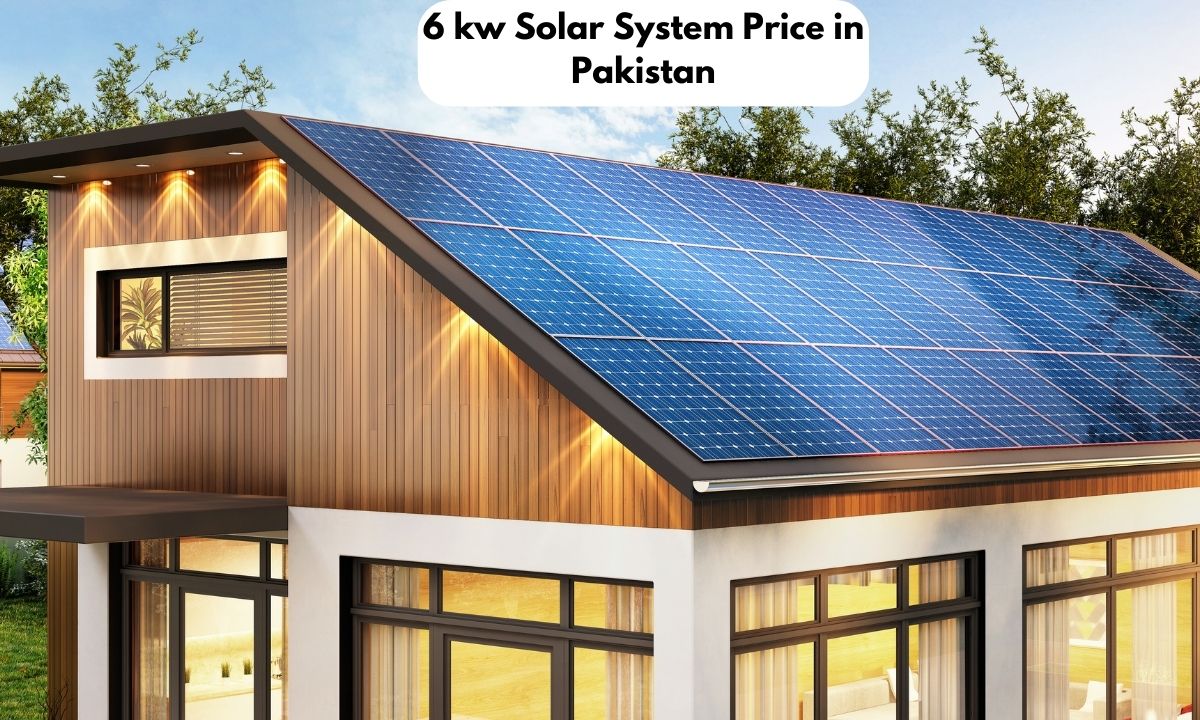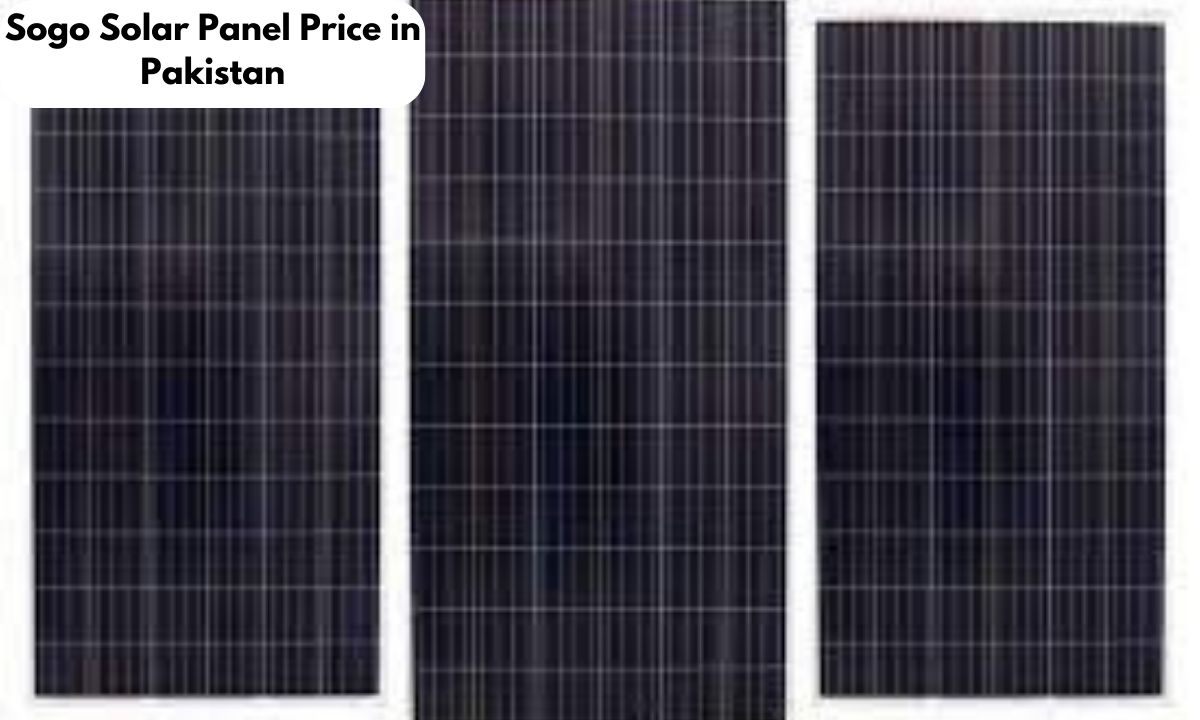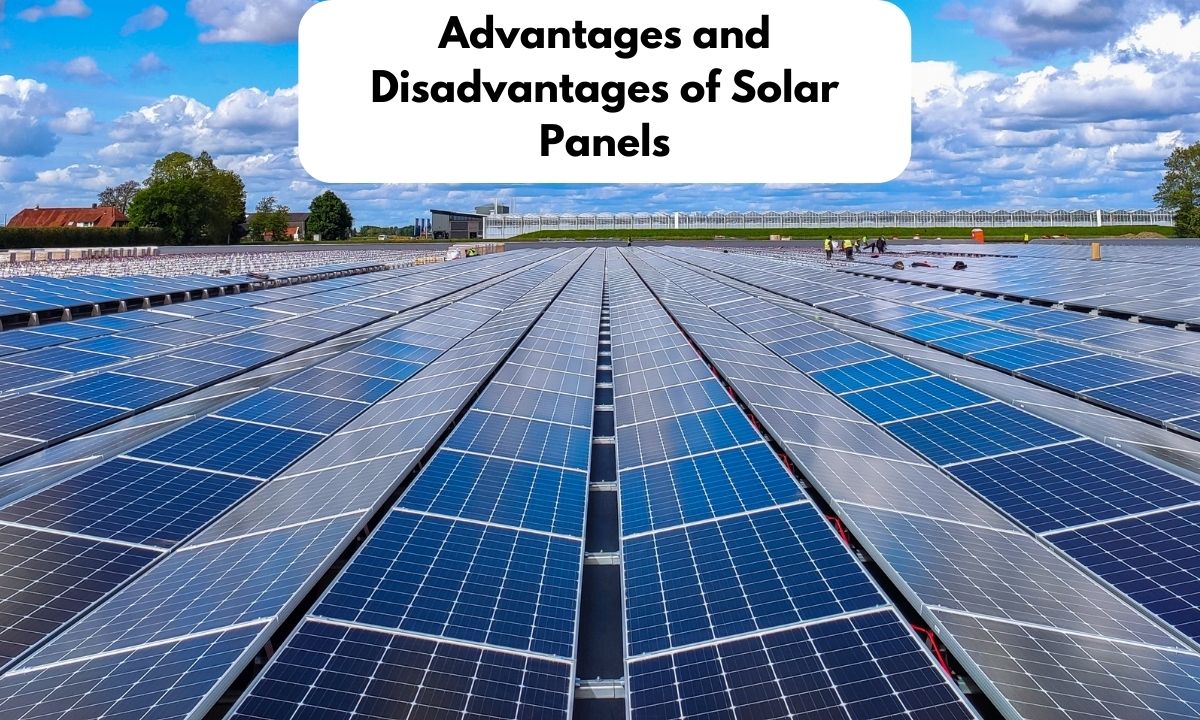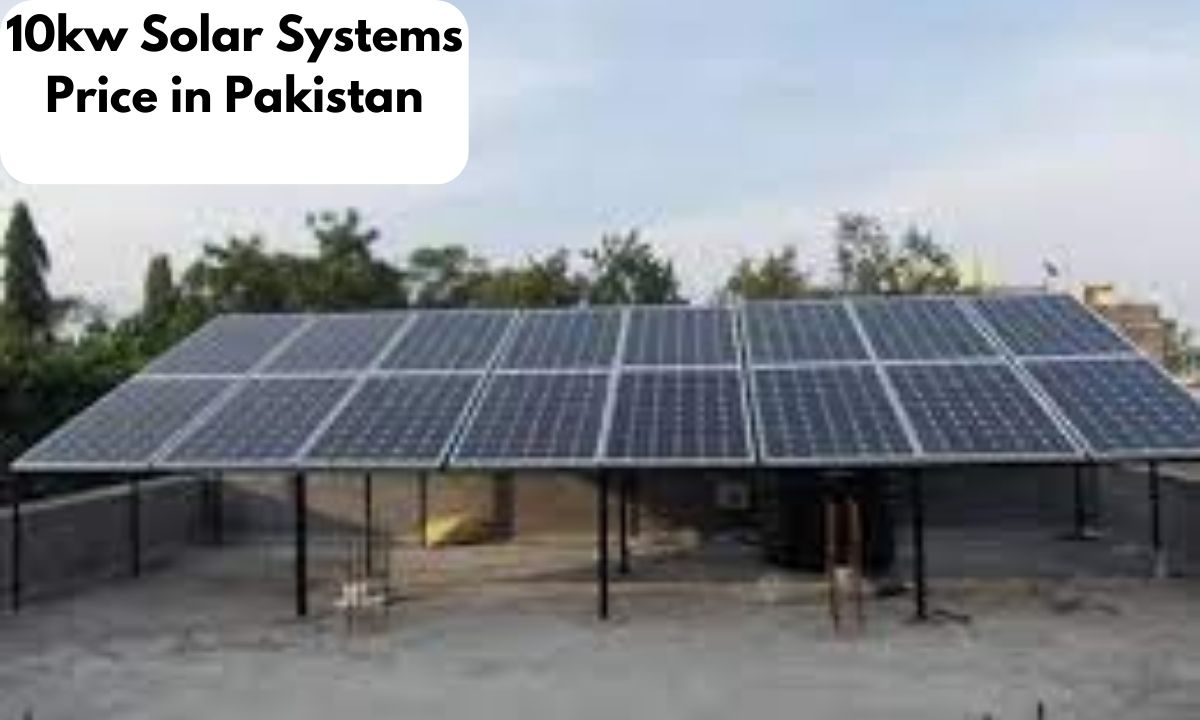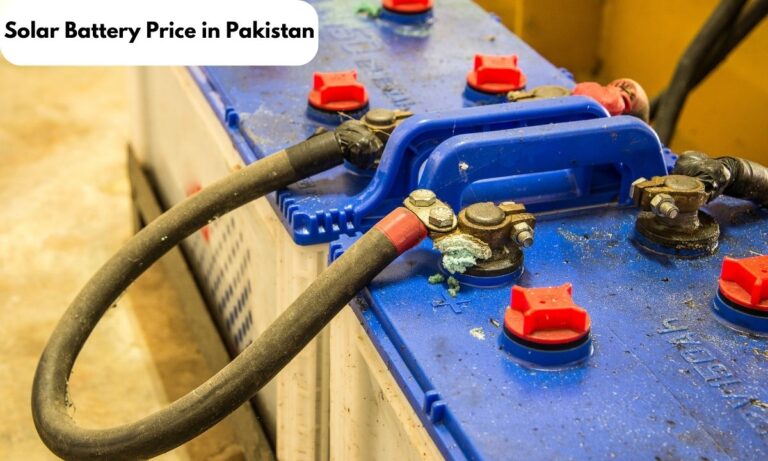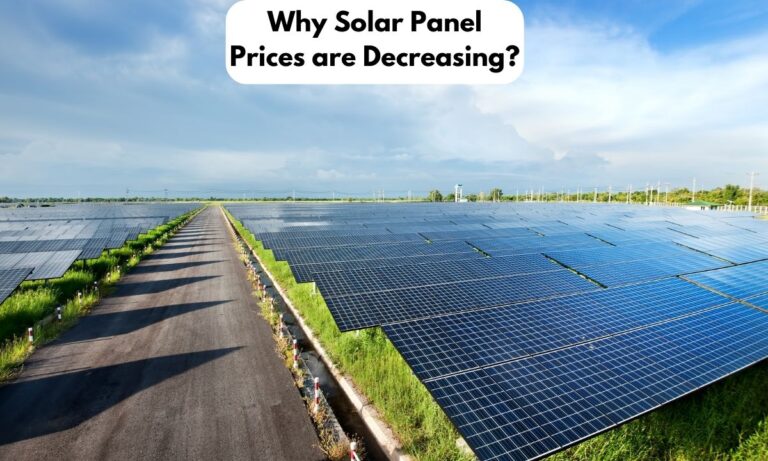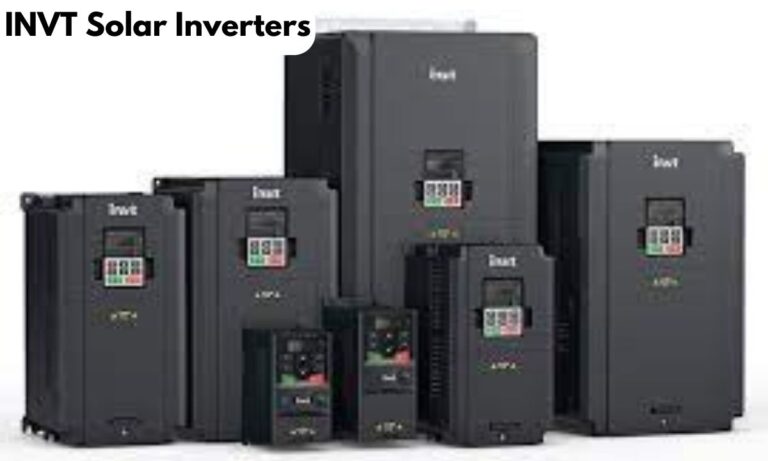6kw Solar System Price in Pakistan (Latest Guide)
Tapping into the sun’s energy, a 6-kilowatt solar panel setup emerges as a practical and wallet-friendly solution for addressing Pakistan’s rising energy demands. Given the ample sunlight the country enjoys, these systems churn out around 750 kilowatt-hours of electricity monthly, easing the dependence on conventional energy outlets.
The cost of a 6-kilowatt solar panel system in Pakistan spans from roughly Rs. 1,050,000 to Rs. 11,800,000, contingent on the brand and whether it includes a battery. Though the initial investment is there, delving into solar power translates to noteworthy savings on electricity expenses, a compelling draw for both households and businesses.
Beyond the economic gains, solar energy stands out as a green and sustainable power source, steering clear of harmful greenhouse gas emissions, thus aiding the battle against climate change. In light of Pakistan’s ongoing energy predicaments, embracing solar energy systems charts a hopeful course toward a secure and sustainable energy future.

Current Prices of 6kw Solar Panel Systems in Pakistan
Determining the cost of a 6-kilowatt solar panel system in Pakistan involves considering various factors, like the system type and component quality. According to the most recent data, the typical price range for such a system in Pakistan falls between PKR 799,000 and PKR 1,500,000.
This estimate covers all essential elements, such as solar panels, inverters, batteries, mounting structures, and the expenses associated with installation. Keep in mind that these prices may fluctuate based on specific system features and market conditions.
Factors Influencing the Price of Solar Panel Systems
Several aspects can impact the price of a 6-kilowatt solar panel system in Pakistan. These include:
- Type of Solar Panel System: The cost can vary based on whether the system is on-grid, off-grid, or a hybrid.
- Quality of Components: Investing in high-quality components, such as Tier 1 solar panels and dependable inverters, may raise the overall cost.
- Installation Type: While roof mounts are common, opting for ground mounts or carports might incur additional expenses.
- Energy Consumption: Systems designed to cover higher energy usage may come with a higher price tag.
- Shading & Weather: Areas with less sunlight may require more panels, potentially increasing the overall cost.
- Interconnection Costs: The distance to the interconnection point can impact the price due to the need for additional wiring and trenching.
- Roof and Structural Integrity: The condition of the installation site plays a role in determining the overall cost.
- Add-ons: Extra features like batteries and tracking systems can contribute to an increased price.
Considering these factors is crucial when assessing the cost of a 6-kilowatt solar panel system. For an accurate estimate, it’s recommended to obtain a precise quote from a reputable provider.
Different Brands of 6kw Solar Panel Systems and Their Prices
| Brand | Model | Type | Price (PKR) | Key Features |
| Inverex | Nitrox 6Kw Hybrid Solar Inverter | Hybrid | 350,000 | Compatible with Inverex Power Cube, external light indicator, plug & play design, IP65 water-proof design |
| Solis | 5KW Wi-Fi – 3P On-Grid Solar Inverter | On-Grid | 311,520 | Three-phase on-grid solar inverter |
| SolarMax | Falcon Dual PV 6000+ | Hybrid | 250,000 | Works with or without a battery |
| Fronus | Matrix 6Kw Single Phase MPPT Base Solar Inverter | Single Phase | 305,000 | High-quality waveform, little harmonic distortion, overload protection for both DC input and AC output |
| Crown | Eligo 6 KW Hybrid Solar Inverter | Hybrid | 2,30,000 | Contact manufacturer for pricing |
Cost Savings and Benefits of 6kw Solar Panel Systems
A 6-kilowatt solar panel system brings both substantial savings and positive impacts on the environment.
Savings on Costs:
In Pakistan, a 6kW solar system can generate 20 to 24 units of power daily, totaling 600 to 700 units monthly. With the unit price ranging from 30 to 40 Rupees, this system can save 750 to 1000 Rupees daily and 30,000 Rupees monthly. Annually, the savings add up to around 3,00,000 (3 Lakh) Rupees. In the United States, a 6kW solar system produces 400-900 kWh of electricity monthly, depending on sunlight. Though the installation cost averages $18,000, the yearly savings range from $400 to $2,000, varying by state.
Environmental Benefits:
Solar energy plays a vital role in cutting down greenhouse gas emissions, crucial for safeguarding humans, wildlife, and ecosystems. Additionally, solar energy enhances air quality, reduces water use in energy production, and provides ecosystem services like carbon sequestration, pollination, and stormwater management.
Unlike traditional power sources, solar energy technologies and plants don’t emit air pollution or greenhouse gases during operation. Opting for solar energy can indirectly benefit the environment by replacing or reducing the use of other, less eco-friendly energy sources.
Conclusion
Embracing 6-kilowatt solar panel systems stands out as a smart and eco-friendly solution to address the increasing energy demands in Pakistan. The country’s ample sunlight allows these systems to generate significant electricity, cutting down reliance on traditional energy sources and resulting in considerable savings on power bills.
Additionally, solar energy is clean and renewable, producing no harmful greenhouse gases, and making it a positive force in the fight against climate change.
When it comes to the cost of a 6kw solar panel system in Pakistan, it varies among brands offering different features at competitive prices. Despite the initial investment, the long-term savings and environmental advantages make it a worthwhile consideration.
Factors like system type, component quality, installation method, energy usage, and location should be taken into account when assessing the overall cost. As global energy challenges persist, adopting solar energy systems emerges as a promising avenue toward a sustainable and secure energy future.
It’s advisable to delve deeper into research, considering local regulations and incentives before deciding to invest in a solar energy system. Keep in mind that choosing solar power isn’t merely a financial decision but also a significant environmental one.
